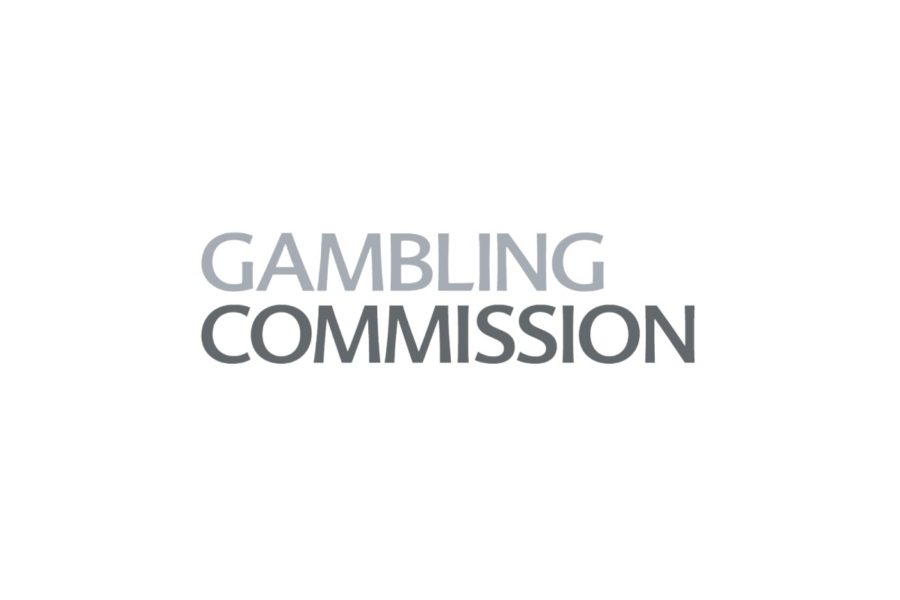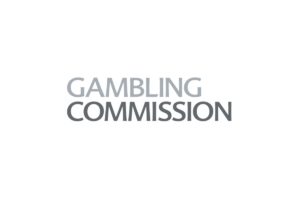Gambling Commission figures show record gambling participation in Britain

The Gambling Commission’s latest participation survey finds that one in four British adults gambled in the month prior to responding.
UK.- Britain’s Gambling Commission has published the results of its latest gambling participation surveys, reporting its highest ever rate of online gambling participation.
The latest round of telephone surveys held between June and March found that 25.7 per cent of 4,018 respondents aged over 16 had gambled online in the past four weeks, up from 23.8 per cent in March 2021 and 18.5 per cent five years ago.
The overall rate of gambling participation fell to 43 per cent, down from 47 per cent in March 2020. However, in-person gambling rates were up 3 per cent from last year, suggesting a recovery after the impact of the Covid-19 pandemic.
The National Lottery remains the most popular form of betting by far, followed by betting on football.
The overall headline problem gambling rate remained statistically stable at 0.2 per cent. The moderate risk and low risk rates are also statistically stable at 0.9 per cent and 1.4 per cent respectively.
However, the UK Addiction Treatment Group (UKAT) noted that the biggest increase in overall gambling was in the 16-24 age group. In the 12 months to March 2022, 34.7 per cent of 16 to 24-year-olds said they had gambled in the past four weeks, an increase of 5 per cent year-on-year.
The biggest increase in online gaming was among 55 to 64-year-olds, rising from 48.7 per cent in March 2020 to 49.8 per cent in March 2022.
Nuno Albuquerque, consultant treatment lead at UKAT, said: “What today’s report shows us is that as gambling participation rates rise, so does the rate of those at moderate risk of gambling addiction. Clearly, for a lot of people, gambling isn’t a harmless hobby. We see the damage gambling does to people’s lives.
“Online gambling in particular is dangerous as it is too easy and discreet to participate in. We join the chorus of voices who say that this country’s gambling laws are in urgent need of reform. Bigger conversations are necessary especially around affordability checks and a complete ban of gambling advertisements.”
The UK government’s delayed white paper on gambling is said to be in its final stages. Back in March, the under-secretary of state for technology and the digital economy, Chris Philp, told campaigners that gambling reform is “long overdue” and that “change is coming”.
Gambling regulators must collaborate, Rhodes says
British Gambling Commission interim chief executive Andrew Rhodes used his appearance at the ICE 2022 World Regulatory Briefing in London to call on international gambling regulators to collaborate to tackle new challenges brought by changes in the industry.
He voiced hope for collaboration not only in sharing experiences and best practice, but also to conduct joint investigations and actions.
He told attendees: “Many of the operators we deal with in Great Britain will be the same as those dealt with in other jurisdictions. Things that are not being done well here are likely to be issues in other countries, too, when you consider these are multinationals. I hope that we can get to a point of joint investigations and joint action and move beyond some of the good things we already do.
“Gambling is a fast-moving, dynamic industry. It is more and more a global tech industry. And it has many hangers-on, trying to make a quick buck in the unregulated spaces nearby. The potential for innovation has never been so great. But neither has the potential for risk or harm. But we can make gambling fairer, safer and crime-free.”











